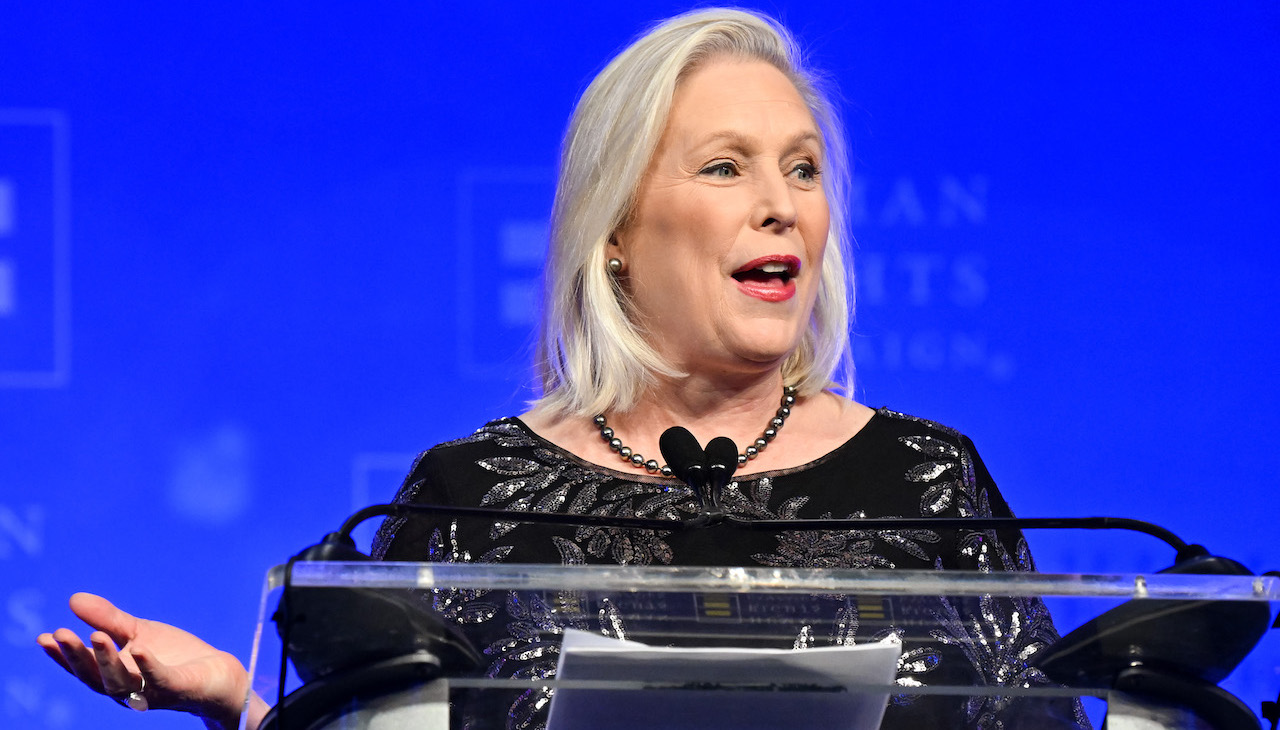
There’s a new bill that wants to give Puerto Rico full SNAP benefits
The Puerto Rico Nutrition Assistance Fairness Act was introduced by a group of Democratic Senators and Puerto Rico Rep. Jenniffer González-Colón on March 22.
Forty-two years after being booted off what was then called the Food Stamp Program (FSP) — now the Supplemental Nutrition Assistance Program (SNAP) — Puerto Rico is the subject of a new bill that would grant the island full access to SNAP benefits once again.
The bill is called the Puerto Rico Nutrition Assistance Fairness Act, and it was introduced on Wednesday, March 22 by a host of Democratic U.S. Senators led by Kirsten Gillibrand. She was joined by colleagues Chuck Schumer, Richard Blumenthal and Puerto Rico Resident Commissioner Jenniffer González-Colón. There are also Democratic and Republican sponsors for the bill in both the U.S. Senate and House of Representatives.
“For more than forty years, Puerto Rico has been unfairly excluded from SNAP, which has resulted in billions of dollars in lost aid and reduced nutrition benefits for more than one million of Puerto Ricans,” said Gillibrand at a press conference announcing the bill’s introduction. “The bipartisan Puerto Rico Nutrition Assistance Fairness Act would correct this injustice and enable Puerto Ricans to participate in SNAP, as well as to receive Disaster SNAP in the wake of natural disasters or emergencies.”
As Gillibrand touched on in her speech at the press conference, there’s a long history behind Puerto Rico’s exclusion from SNAP.
In 1981, during the early days of President Ronald Reagan’s administration, FSP was the focus of major scrutiny and faced cutbacks.
RELATED CONTENT
Part of those cutbacks removed access to the FSP on Puerto Rico, replacing it with a block grant (known as the Nutrition Assistance Program) for the island. It represented an immediate 25% reduction in nutrition assistance sent to the island on an annual basis, and it’s been that way for the last 42 years — amounting to billions of dollars of lost nutrition assistance.
1.4 million Puerto Ricans are estimated to be enrolled in the Nutrition Assistance Program in 2023. The cutbacks also required the island to go through a separate Congressional approval process in the case of disasters to receive further nutritional assistance. In her own statement, González-Colón called that process “not a reliable mechanism when you are experiencing an emergency in real time,” and it’s been seen as the U.S. struggled to get assistance to the island amid the COVID-19 pandemic, Hurricane Maria and the series of earthquakes that struck Puerto Rico to start 2020, among other instances.
The new bill introduced to Congress would also do away with that extra approval process.
“Puerto Ricans are American citizens, not second-class citizens,” said Schumer in a released statement. “Along with my colleagues, I’m committed to right past wrongs by enabling Puerto Rico to fully participate in SNAP and ensuring the people of Puerto Rico have the access to federal resources that they deserve.”










LEAVE A COMMENT: